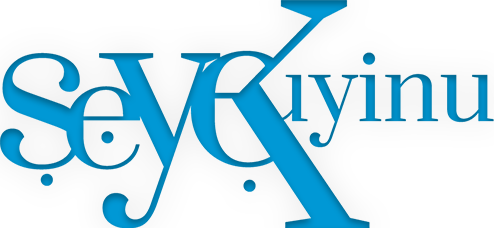Web 2.0 was a term that caused a lot of controversy amongst the laymen, the web designers and the i-do-knows. At a point it referred to the design style of buttons, fonts and layout in general. Then it moved to the types of interactions that occurred on the various websites.
Today, the web has changed drastically. From the layouts and presentations to functionality. Almost gone are the times when your web pages were that: pages. Now, the adventurous power play of engineers’ knowledge of javascript has totally turned around the way we interact with these…pages. Websites are now more like desktop applications. Right now, browsers are turning from just website viewers to cloud computers. Ladies and gentlemen, it’s the end of the world as we know it!![]()
What fascinates me most in this new era(let us call it that) is the way we identify ourselves using social media tools on the websites we visit most. Companies have turned to Facebook and Twitter for their interaction with customers. They have slowly given up using their domain names as main contact points on media outlets. It’s even like they have removed the http:// and replaced it with facebook.com/ and then some also have started adapting the @ style.
Facebook has always claimed to be a platform and a utility, and this is the most obvious manifestation of this goal. The real threat to the open web is not from proprietary protocols and closed networks, but from ‘facebook.com/’ and the ‘@’ screen name prefix becoming another well-known prefix like ‘http://’ and ‘www.’. –Eran Hammer-Lahav
How many times do you watch a program segment on CNN and then see CNN.com? Watch BackStory and you hear Michael Holmes direct you to facebook.com/backstory.
I was even surprised when my favorite band put their own breaking news on Facebook rather than their website whose feeds I receive in my feed reader.
Give me a random list of 10 of the most popular websites you visit on the regular and I can guarantee that on all 10 you have the ability to log in through your Facebook or your Twitter account.
Facebook recently introduced a new product, the Facebook Messaging which allows for you to chat and email @ facebook.com. Many people I have talked to have confessed that they will not sign up for the email facility. Others have declared that they don’t see themselves dropping their proprietary emails for a Facebook email. They’d rather have a Facebook email on the side.
But here is what I see: I see people slowly but surely leaving their yahoos and gmails and hotmails to clench a Facebook mail. Know why? In the near future, Facebook will be the online representation of who you are. Job hire companies will scrutinize your Facebook pages, the companies you work will require your Facebook address. A good level of e-commerce transactions will have a root from Facebook. Most multiplayer games will be plugged in on Facebook.
What about Twitter? There is most likely going to be a new dimension in tweeting. But of course, the bulk of your quick news will jump out of Twitter feeds. Your name will be written online with a Twitter hyperlink. In fact that has already started. For instance, I integrated a feature on my website which allows typing @ + anything to automatically link you to a Twitter user. Take for example @seyekuyinu. Putting your mouse over that will give you information about my Twitter.
The future is almost here and I still wait for the perfect hologram that will allow me to be at two places at the same time. A real world and a virtual world in a real world.
Ladies and gentlemen, it’s not the end of the world as we know it! It’s just the beginning; and we know it!



2 comments
Sadly, I am not on Facebook.
Left 2yrs ago.
But then again, I really don’t know exactly what online authentication will look like in the next 2 years without a protocol like(but not necessarily) Facebook. My main concern is privacy of course